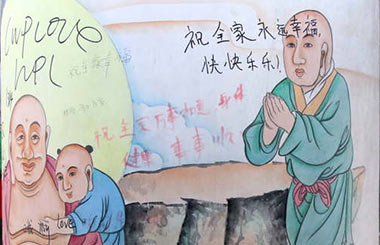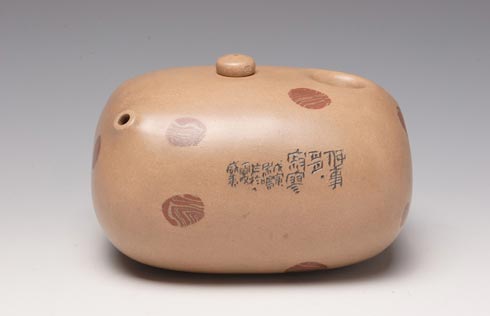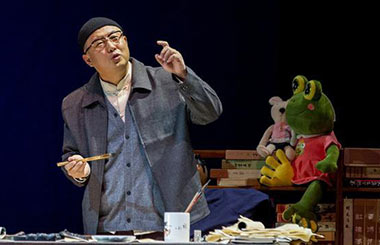Israeli Sinologist studies China through ancient thoughts
In the end, those Russian books on China led Pines to the department of East Asian studies at Hebrew University in 1985.
There were few people who studied Chinese in Israel in the 1980s. Since 1992, when China and Israel established diplomatic relations, the number of Israeli people interested in China has risen significantly.
During the early '90s, Pines used his Chinese language skills to work as a part-time tour guide, brining tourist groups to China twice a year. And every time he traveled from China, his luggage had a few more books from the country.
"I would take tourists to Nanjing Road in Shanghai, and let them to buy whatever they wanted. I would then run to the bookstores on the next street," says Pines. "I had only one hour for myself."
After eight years of studying China, Pines gained a master's degree in 1994 and came to study at Nankai University in Tianjin on a governmental exchange program.
Pines stayed for one year in the northern city. Since he was interested in ancient Chinese political philosophy, he studied with renowned historian Liu Zehua. The history Pines studied was of the Warring States Period (475-221 BC), when different political philosophies flourished.
A popular Chinese idiom - the contention of 100 schools of thought - describes the lively ideas of Confucianism, Taoism, the School of Law and so on.
"It's interesting to study how those Chinese thinkers tried to resolve problems facing the different states," says Pines. "Though no solution was ideal, all the solutions together provided options for future rulers to deploy."
In 1998, Pines finished his PhD in East Asian studies at Hebrew University and has been teaching there since. He has authored several books on Chinese history and political philosophy in Hebrew and English, and plans to write one in Chinese.
His most recent English monograph, The Everlasting Empire: Traditional Chinese Political Culture and Its Enduring Legacy, was published in 2012 by Princeton University Press.
His new work, The Book of Lord Shang: Apologetics of State Power in Early China, is expected to be published early next year.
"I was once a believer that there is a good solution for everything, but now I realize there's no one universal solution for everything, just like we cannot eat the same food all the time," says Pines. "This is the most important lesson Chinese philosophies offer to the world."

















